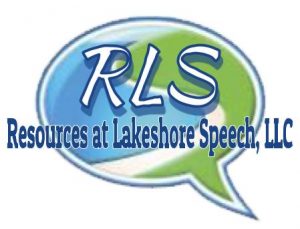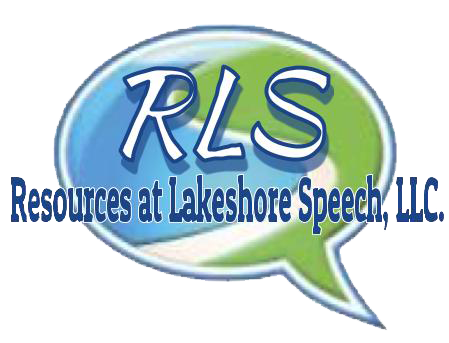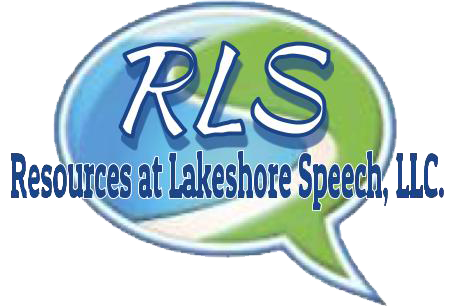Dressing-up, costumes, masks and make-up….some would say these are the best parts of Halloween and others would beg differ significantly. While the stores are filled with the newest versions of costumes, consider making one that best ‘fits’ your loved one. One that ‘fits’ her/his physical body, sensory needs, and emotional needs.
Consider costumes that follow the ‘less is more’ theory. Less different pieces of a costume, more focus on making the pieces ‘scream’ exactly the theme or character of the costume.
- Jeans, t-shirt, bandanna around the neck – you have a cowgirl/boy
- Jeans/leggings, t-shirt, bandanna around the head – depending on your fold the bandanna, you now have a rocker or a pirate
- Larger sized white t-shirt (your going to want a pair of pants of sorts under it :))
- draw a face on it – you have a ghost
- Add black dots on it – you have a die
- Add black lines on it – you have a zebra
Consider costumes that do not have tags or items that will distract your loved one to the point where she/he is unable to focus on walking, the party, etc. While adorable and fun, things like fringe, beads, sparkles, and sequins can create an entirely different issue. In this category lives masks and make-up. While both of these items bring a lot to a costume, please consider staying away from these if you know your loved one will be distracted or upset by these additions.
Consider costumes that can go over the layers of possible winter gear that may or may not be part of your evening. Given the weather, being prepared to add or take away a layer on a moments notice will make the difference on the stress level of the evening.
Consider incorporating the phrase “Trick or Treat” on the costume itself if your loved one is non-verbal or might ‘freeze’ . Somehow, someway, make the words part of the costume – add a simple button to the costume with the words ‘Trick or Treat’.
Consider practicing wearing the costume around the house – remember practice makes permanent. This gives your loved one not only the time to become familiar and comfortable with the costume, but will give you time to troubleshoot potential issues (ie: costume too long and possibly a tripping hazard, costume too tight/loose, etc.).
Prior planning with the costume will prevent unneeded stress and potential unexpected behaviors so you can all enjoy a fun evening being together.
Yours in Speech,
Lakeshore Speech Therapy, LLC.











